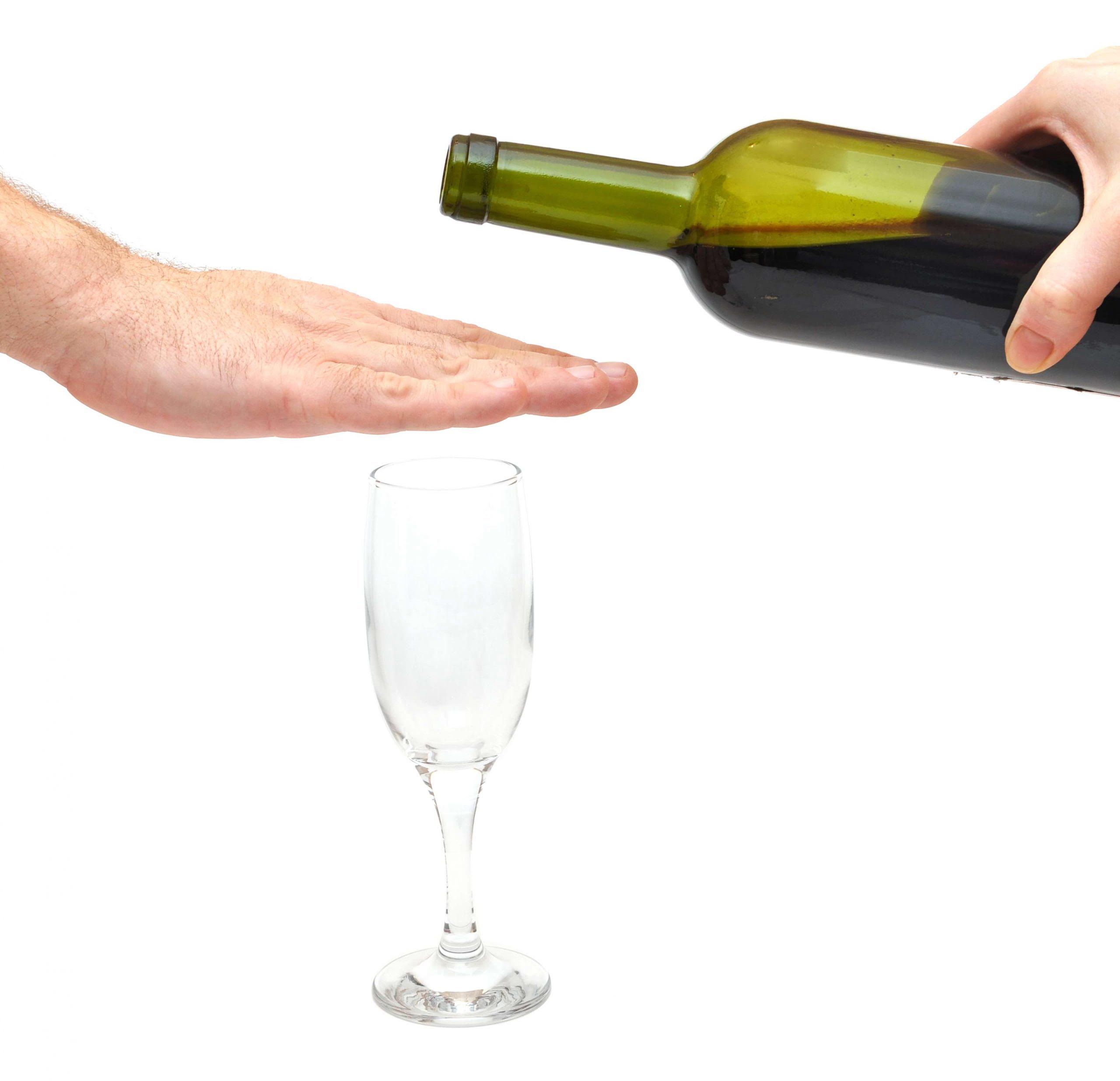Get Activity Ideas National Institute on Drug Abuse NIDA
Despite feeling deep shame about some choices in his life, Mike, with the help of his therapist, was able to see he wasn’t a terrible person. The more people who spend time around a person in recovery, the better. Finding any potential cracks in recovery is much easier when a solid team of support surrounds the person healing. The disease of alcoholism thrives on selfish, grandiose behavior with little regard for the feelings of others.
Group therapy, or group counseling, is a type of mental health therapy commonly used in substance abuse treatment. Therapists use group therapy activities as a way for members to give and receive support and motivation from each other. If nothing else, substance abuse group activities group therapy makes you realize that you’re not the only one struggling with addiction. The activities will help you to learn about yourself, develop communication skills, accept criticisms, and learn positive ways to cope with substance abuse triggers.
What Are Some Substance Abuse Group Therapy Activities
Breaking these unhealthy routines takes time but addiction treatment centers keep this goal at the forefront. Understanding the far-reaching effects of substance abuse is essential for individuals in recovery and their loved ones. These substance abuse group activities foster empathy and a deeper awareness of the ripple effects of addiction.
The facilitator can vary things up by letting group members pick someone else to answer their question once they’ve finished sharing. Alternatively, group members can take turns drawing cards, but all group members are encouraged to share their answers. Substance abuse group activities are one of the most intimidating parts of rehab for many people. Addiction isolates you from those around you, such as friends and family, and you get used to mostly being on your own. When you come to rehab and need to share intimately in a group setting during early recovery, it’s no wonder people get uncomfortable. Confidentiality is a cornerstone of effective support groups; however, maintaining privacy within a group setting can be complex.
Mental Health Problems Can Develop Later in Life
Using these questions as a guide, couples can work through the activity together as a bonding activity. They can discover more about one another, reflect on past positive events, and share their hopes for a shared future. This activity can be an excellent icebreaker for couples therapy groups. These questions don’t probe too deeply, but can be a good reminder of the couple’s emotional connection and relationship history. In addition, it can help them learn more about themselves and their partner.

Search for free lessons and activities on the science and consequences of drug use. All lessons are based on national science and education standards and were developed by scientists from leading universities and the National Institute on Drug Abuse. A 1-page worksheet for affirmations, positive self-talk, and problem-solving strategies for daily challenges. https://ecosoberhouse.com/ A 3-page worksheet for couples to create a shared list of meaningful “bucket list” items to do together. A worksheet for understanding jealousy, its impact, whether it’s pathological, and how to manage jealous feelings. A 2-page handout with journal prompts for recovery, based on material from The Sober Survival Guide (created with the author’s permission).
MORE Substance Abuse Group Therapy Activities
To learn more about addiction recovery, please reach out to a Recovering Champions specialist. Our substance abuse treatment programs offer mental health counseling, medication-assisted treatment, and other evidence-based services to help you or your loved one stay sober. One of the more successful options for substance abuse group activities is teaching meditation. Mindfulness-based interventions such as meditation have been demonstrated to reduce anxiety and shown a reduction in misuse among those with addictive behavior. There are many ways to incorporate meditation as one of your substance abuse group activities. Generally, ask the group to become still or quiet, with each individual assuming a comfortable position.
This collection of sensible tools is based on developing cognitive thinking skills to support you through addiction recovery. Please note that Two Dreams utilizes process groups as opposed to theme/support groups. For all your therapy practice and substance abuse group activities needs Theraplatform can help. Theraplatform, an EHR, practice management and teletherapy software built for therapists can help you share and organize your materials.